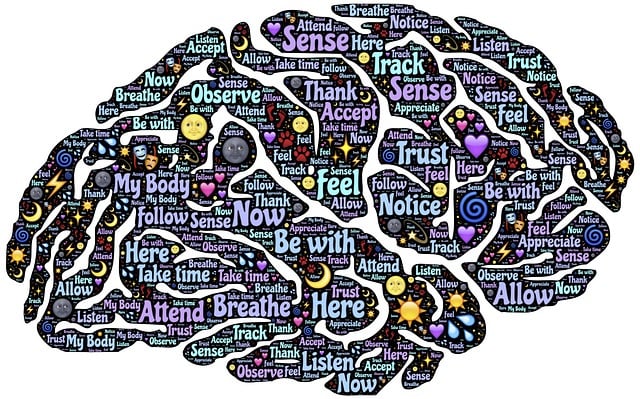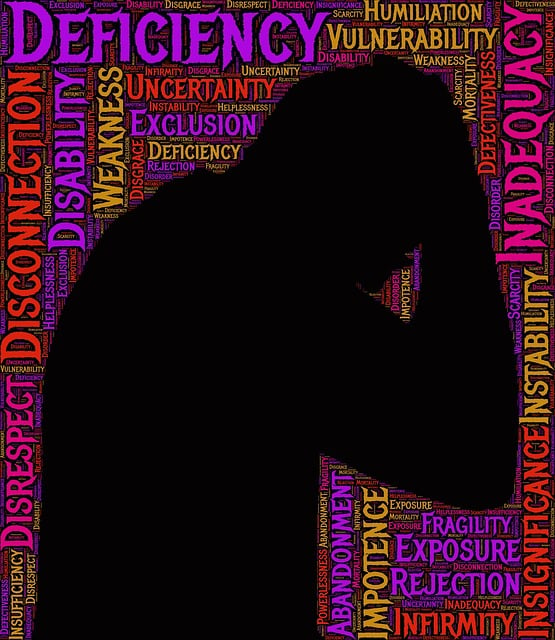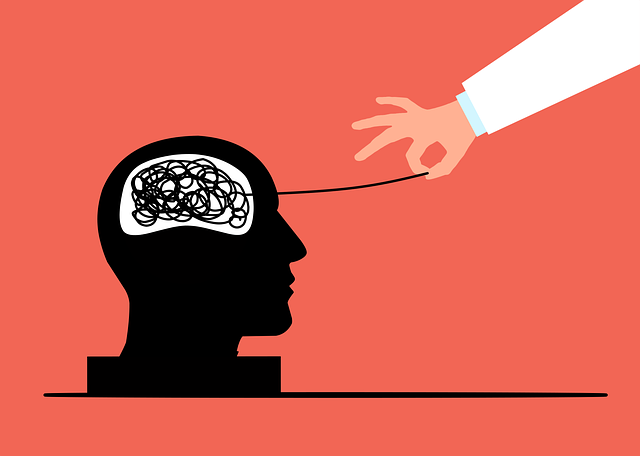Adjustment Disorder, often overlooked due to its subtle nature, affects individuals facing significant life changes or trauma, leading to persistent sadness, anxiety, irritability, or anger if unaddressed. Early recognition is crucial as therapy, including cognitive-behavioral therapy (CBT), Social Skills Training, and Self-Care Practices, empowers individuals to develop coping strategies, foster resilience, and achieve overall well-being. Stress management techniques, such as mindfulness, deep breathing, and creative outlets, enhance stress reduction for mental wellness, particularly effective in CBT for Adjustment Disorder. Mental health professionals emphasize empathy and risk assessment to build supportive environments where students learn personalized coping mechanisms for daily stress management.
“Stress management is a vital skill, especially for those navigating adjustment disorders, which can significantly impact mental health. This article guides readers through an essential journey of understanding and overcoming stress-related challenges. We delve into the far-reaching effects of adjustment disorders and offer practical strategies for daily coping. Additionally, we explore Cognitive Behavioral Therapy (CBT) as a powerful tool for learning effective stress management techniques. By implementing these insights, individuals can enhance their resilience and overall well-being.”
- Understanding Adjustment Disorder and Its Impact on Mental Health
- Exploring Effective Stress Management Techniques for Daily Application
- Incorporating Cognitive Behavioral Therapy (CBT) in Learning Stress Coping Skills
Understanding Adjustment Disorder and Its Impact on Mental Health

Adjustment Disorder is a mental health condition that often goes unnoticed due to its subtle nature. It affects individuals who are navigating significant life changes or traumatic events, causing them to experience distress and difficulties in coping. This disorder can manifest as feelings of sadness, anxiety, irritability, or even anger, which may persist for several months. The impact on mental health is profound; left unaddressed, it can lead to more severe conditions like depression and anxiety disorders.
Understanding Adjustment Disorder is crucial, especially in the context of Mental Health Policy Analysis and Advocacy. Early recognition and intervention are key; therapy for Adjustment Disorder often involves cognitive-behavioural therapy (CBT), which helps individuals develop coping strategies and improve their ability to adjust to life changes. Additionally, Social Skills Training and Self-Care Practices can empower those affected to manage their symptoms effectively, fostering resilience and overall well-being.
Exploring Effective Stress Management Techniques for Daily Application

Stress management is an essential aspect of maintaining good mental health and overall well-being. For individuals dealing with conditions like Adjustment Disorder, employing effective stress management techniques can be transformative. Exploring a variety of methods allows for personalized approaches to cope with daily stressors. One powerful tool is self-awareness exercises, which encourage introspection and understanding of one’s triggers and emotional responses. By increasing self-awareness, individuals can gain valuable insights into managing their reactions to challenging situations.
Additionally, focusing on emotional regulation plays a crucial role in stress reduction. Learning techniques to identify and control intense emotions enables people to respond adaptively instead of reacting impulsively. This skill set is particularly beneficial for those seeking therapy for Adjustment Disorder, as it empowers them to navigate emotional challenges more effectively. Incorporating practices such as mindfulness, deep breathing exercises, or even engaging in creative outlets like writing can significantly enhance one’s ability to manage stress and promote mental wellness, often complemented by the insightful content found in mental wellness podcast series production.
Incorporating Cognitive Behavioral Therapy (CBT) in Learning Stress Coping Skills

Incorporating Cognitive Behavioral Therapy (CBT) into the teaching of stress management techniques offers a powerful approach to empowering individuals to cope with stressful situations effectively. CBT focuses on identifying and challenging negative thought patterns, which can significantly impact one’s emotional state and behavior. By teaching students to recognize cognitive distortions, such as catastrophizing or all-or-nothing thinking, they gain valuable tools to manage stress and anxiety. This therapy for adjustment disorder is highly effective in equipping individuals with the mind over matter principles needed to navigate challenging circumstances.
Through CBT, students learn to assess their thoughts, feelings, and behaviors in various situations, enabling them to make informed adjustments. Mental health professionals emphasize the importance of empathy building strategies during this process, fostering an environment where learners feel understood and supported. Additionally, risk assessment techniques are employed to help individuals anticipate potential triggers and develop personalized coping mechanisms, ensuring they have practical tools for stress management in their daily lives.
Stress management techniques, including cognitive behavioral therapy (CBT), offer valuable tools for navigating life’s challenges. By understanding adjustment disorder and its impact on mental health, individuals can proactively incorporate daily coping strategies to enhance their overall well-being. These evidence-based practices empower folks to manage stress effectively, fostering resilience and improving quality of life, especially in the context of therapy for adjustment disorder.












